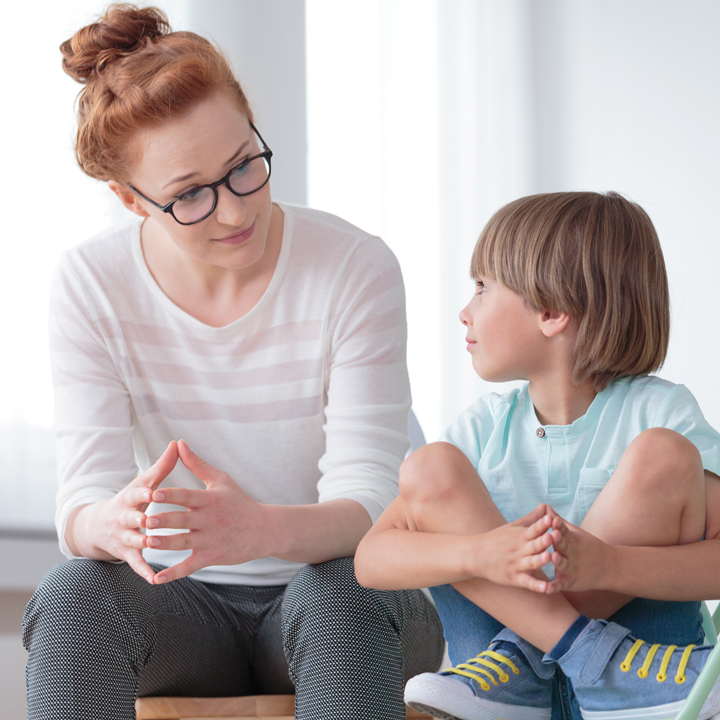Traumatic Events Tip Sheets | Talking to Children

Voices Center for Resilience Tip Sheets Following Traumatic Events
Talking to Children
When a traumatic event occurs such as an act of violence, social or civil unrest or domestic terrorism – such as the attack on the Capitol Building – parents often struggle with talking to their children. Whether they see images on television or hear people talking, children are likely to know something bad has happened. Events like these can make children feel sad or scared. Talking with them about their feelings can help.
Create a safe and reassuring atmosphere
- When children are aware that something bad has happened, let them know they can talk to you about their feelings
- Asking them about what they have heard is a good way to start
- Children may be fearful that such things could happen to them or their families. Reassure them that you will keep them as safe as possible
Children need you to tell the truth
- Answer their questions with honesty
- Explain events using words and ideas that they understand
- Don’t overwhelm them with details, unless they ask for specific information
- It’s okay to let children know that you too are feeling sad or anxious due to events
How can you deal with TV, internet, and other media?
- Monitor younger children’s TV and online viewing. Ensure they don’t watch shows or visit sites with disturbing images
- For older children or adolescents, watching TV or online news or reading the newspaper may be appropriate. Be sure to talk about what they see and hear
- Ask questions like, “What do you think about what is happening? Are you scared? Do you feel sad or angry?”
Help them cope with their feelings
- If it is hard for your children to talk about their feelings, encourage them to draw pictures, tell stories, or play with toys to express themselves and to find comfort
- During stressful times, stick to your child’s regular routine. Children find comfort in what is familiar
- Doing something for the people affected by a tragedy can help children feel better. Suggest they draw a card to send, or participate in a fundraising effort
- Focus on the positive. Point out all the people who help others during an emergency
Look for signs of anxiety or fear
Watch for:
- Loss of appetite, stomachaches, headaches or nightmares
- Constantly talking about scary ideas or feelings
- Increased fighting with friends, parents or siblings
- Fear of leaving parents, or going to school
- Persistent signs of stress or agitation
- If your child shows any of these signs for a long time period, consider talking with a health care professional or doctor
VOICES Support - Phone: 203-966-3911; Email: support [at] voicescenter.org (Support[at]VoicesCenter[dot]org)
Mission - From 9/11 to today, VOICES helps families and communities heal after tragedy. VOICES assists communities in preparing for and recovering from traumatic events, and provides long-term support and resources that promote mental health care and wellness, for victims’ families, responders and survivors.
